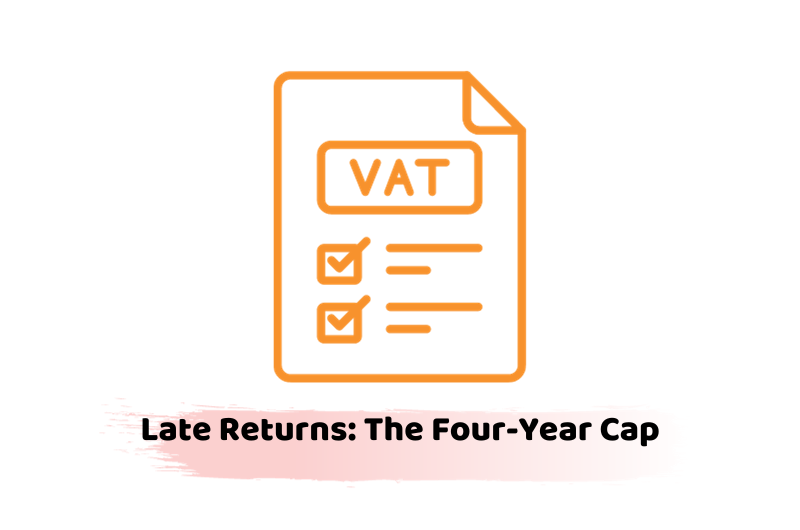VAT returns and payments should be submitted to HMRC no later than seven days after the end of the month following the end of the VAT period. If the return and/or payment are submitted late, it can result in the business entering either or both of the penalty regimes for late payments or late returns. If a business does not have the funds to pay its VAT liability, it should still send its return in on time and contact HMRC’s business support line and arrange a ‘time to pay’ agreement with them (normally 3-6 months), which will avoid a penalty. It is therefore important to send in the return and agree a time to pay arrangement with HMRC rather than ignore the problem and hope it will go away – it will not!
If a business receives a penalty for a late return or payment, it can appeal the penalty if it has a ‘reasonable excuse’; but specifically excluded from being a reasonable excuse are:
• a shortage of funds; and
• reliance on others.
This narrows down the chances of a successful appeal as a business cannot blame its accountant or say it had no money!
System Breakdown
If a business cannot complete its VAT return because of a system breakdown or similar reason, it can estimate its return, providing it gets prior permission from HMRC.
The figures should be adjusted on the next return if possible. Provided the estimated return and payment are submitted by the due date, no default is recorded.
Missing Returns
If a business fails to send in a return at all and is a ‘payment trader’ (i.e., pays money to HMRC), the HMRC computer will calculate what it thinks is due and send an assessment for that amount to the business for payment. If the business pays the assessment knowing that it is significantly less than its actual liability, it could be liable to apenalty for deliberately concealing the facts from HMRC and face a penalty of up to 100% of the tax due.
If the business thinks that the assessment is too high, it cannot appeal HMRC’s decision unless it sends in its VAT return, which automatically cancels the assessment anyway.
If the business continues to fail to send in its returns, the assessments issued by HMRC get larger and larger to encourage the business to send in its return.
If a business is normally in a repayment position and fails to send in its return, the period will remain open, but HMRC will not make any further repayments until the return is submitted.
When a return is not sent in, the normal four-year time limits for issuing assessments do not apply and HMRC can enforce the debt for any missing returns once they have established the liability due to them no matter how long ago as they can require that the return is submitted.
However, if a business submits its VAT return more than four years late and the central assessment that was paid was more than the amount due, the overpayment is subject to the four-year cap and will not be repaid. Similarly, if the return is for a repayment, the repayment will be made but the amount paid on the central assessment will be subject to the four-year cap and not repaid.
Practical Tip
If a business sends in its returns late, it will receive a penalty and an assessment that cannot be appealed unless it sends in the missing return. There is no time limit on collecting any money due on an outstanding return, but any overpaid central assessment is subject to the four-year cap.





















































